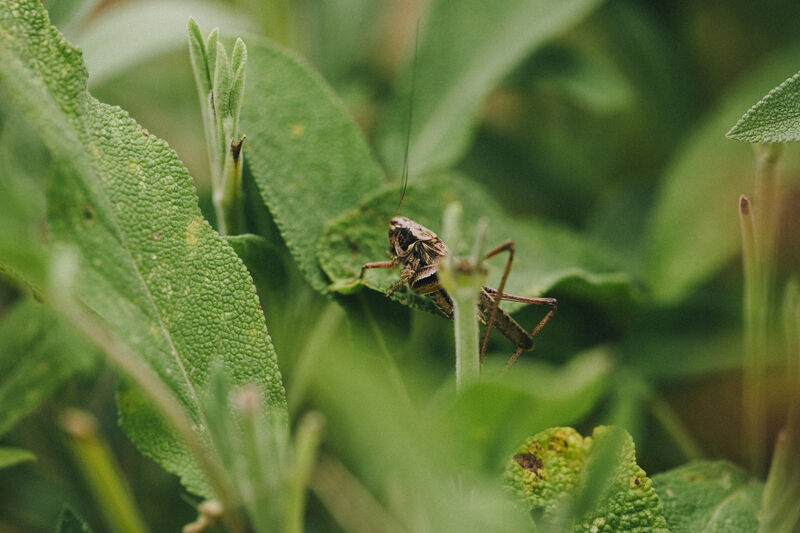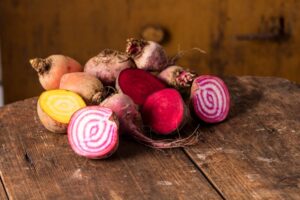12 benefits of biodynamic farming

The 100 years celebration of biodynamic farming are in full swing! In light of this special anniversary, a specific benefit of biodynamic farming is highlighted every month to show how biodynamic farming can be a solution to improve soil fertility, biodiversity, our environment and so much more. May is dedicated to ‘Biodiversity‘, at the heart of biodynamic farming.
Biodiversity is priceless
Preserving biodiversity is not only important for farming, but also to ensure food security as most insects are intimately connected to food production. As an indication 75% of food crops rely on animal pollination for fertilization. This is one reason why in biodynamic farming we consider it is the responsibility of each farm to preserve and foster biodiversity.
Enhancing biodiversity
As a start the Demeter standard stipulates that at least 10% of farmland must be left wild or dedicated to biodiversity. Through good management and conservation practices such as crop rotations, polyculture, virgin forests, long-term grassland, water bodies, insect and bird shelter, and wildlife protection biodynamic farming manages to enhance and preserve biodiversity. The use of any chemical inputs, fertilizers, or pesticides, as well as GMOs, is also strictly prohibited. Instead, the farm works in collaboration with its natural environment.
Working with the ecosystem
Biodynamic farmers work in an integrated way with the ecosystem, searching for balance and integration between wild and cultivated species bringing the best out of each other. The results speak for themselves: 35% more birds, 23% more insects and more soil organisms such as earthworms and ground beetles are found in organic and biodynamic farmland thanks to the creation of natural habitats and the absence of chemical and synthetic pesticides.



